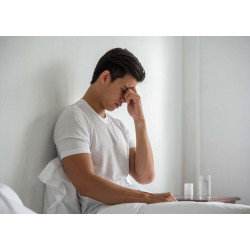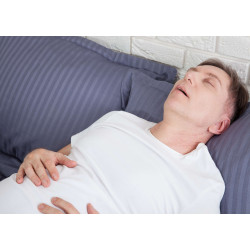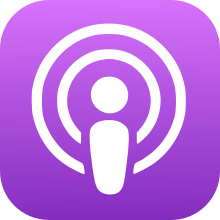Sleep Disorders
Sleep Disorders
Sleep disorders are conditions that impair one's capacity to function whilst awake by affecting one's sleep quality. Sleep disorders are getting more common and therefore it is important to educate ourselves and others on the struggles that may occur throughout attempting to undergo our daily slumber.
Insomnia is the first thing that springs to mind when one hears the term "sleep disorder." However, we all need to be aware that insomnia isn’t the only reason people struggle to get enough sleep. Sleep disorders come in a variety of forms and impact people in different ways.
Many people have sleep difficulties attributable to stress, lifestyle, or work, but repeated problems may suggest a sleep disorder. Insomnia, sleep apnoea, parasomnias, and sleep paralysis are all examples of sleep disorders however there are over 100 sleep disorders that have been identified globally.

Insomnia
- Insomnia involves difficulty falling and remaining asleep. 🛌🏿
- Insomniacs, therefore, tend to have daytime fatigue and other symptoms of sleep deprivation. 🥱
- Insomnia has various effects on the lifestyle of an individual including an increase in the risk of depression, obesity, and increased irritability. 😤
- It also impairs work and school performance as you become unable to focus and retain information. 👩🎓
- It is seen to be the most common sleep disorder with around 1/3 of adults said to have experienced symptoms. 👩👩👧👦
Sleep Apnoea
- Sleep apnoea is a potentially serious sleep disorder in which breathing repeatedly stops and starts. 😮💨
- When we sleep, our throat muscles relax and air flows freely to our lungs. 🫁
- If you have sleep apnoea, your throat closes completely and the flow of air stops, so you stop breathing for a short time. 😰
- This, therefore, disrupts sleep and makes you groggy throughout the day. 😩
- Lots of people go undiagnosed as the symptoms are hard to look out for whilst in a state of tiredness, for example, loud snoring, tossing, turning, and snorting whilst you sleep. 💤
- However, sleep apnoea can be serious if it’s not diagnosed and treated. 💀
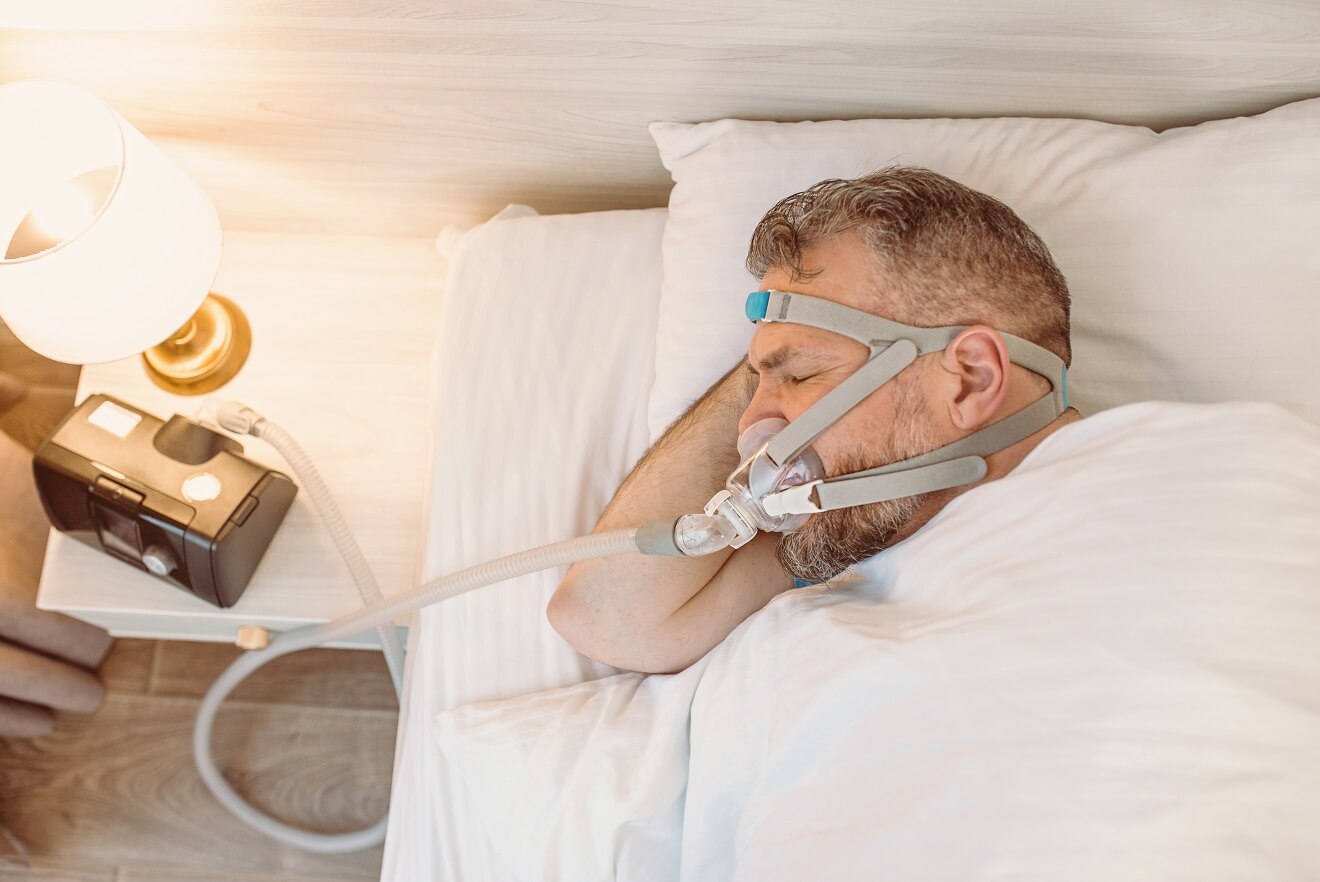
Sleep Paralysis
- The sensation of being awake but unable to move is known as sleep paralysis. 😨
- It occurs when a person transitions from being awake and being asleep. 😟
- You may be unable to move or speak for a few seconds to several minutes during these transitions. ⌛
- Some people may also feel a sense of suffocation or pressure. 😒
- One of the major causes of sleep paralysis is sleep deprivation or a lack of sleep. 😴
- This experience is often accompanied by terrible hallucinations. 😱
Parasomnia
- Nightmares, bedwetting, talking, and expressing emotions are all examples of parasomnia, which is an umbrella term for odd behaviours that impair sleep. 🤐
- Parasomnias are classified according to the stage of sleep in which they occur; for example, sleepwalking occurs when a person gets out of bed and moves around with their eyes wide open as if they are awake. 🚶♂️
- They may engage in complicated tasks such as playing a musical instrument or engage in unusual behaviours such as urinating in a closet or leaping out a window. 🚽
Treatment and Prevention
Sleep disorders are treated differently depending on the causes, symptoms, and type of sleeping disorder you are experiencing. Treatment generally includes a combination of therapeutic (CBT) or medical treatments (sleeping pills, breathing devices) and lifestyle changes such as developing a good sleep schedule.
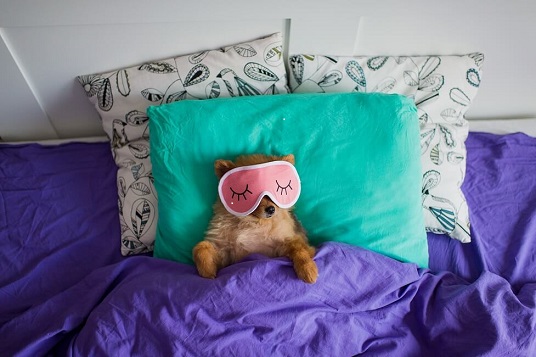
Effective things to do to prevent developing a sleep disorder include:
- Exercising regularly 🚴
- Creating and sticking to a regular sleeping schedule that gives you the minimum recommended sleeping hours for your age group. ⏰
- Drinking less water before bedtime 🥤
- Limiting caffeine intake especially in the hours before bedtime ☕
- Decreasing the use of drugs, tobacco, and alcohol overall 🍷
Written by Aira Fatima
i-Medics Ambassador
Related Articles
Everything you need to know about Insomnia in 60 seconds!
Everything you need to know about Obstructive Sleep Apnoea Syndrome (OSAS) in 60 seconds!





